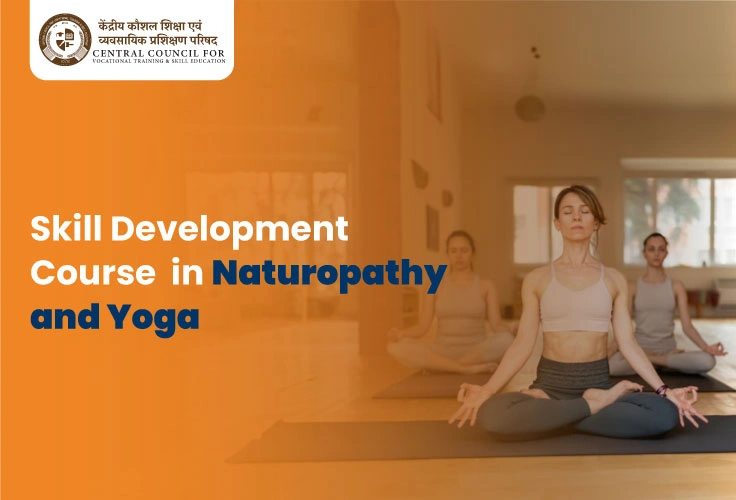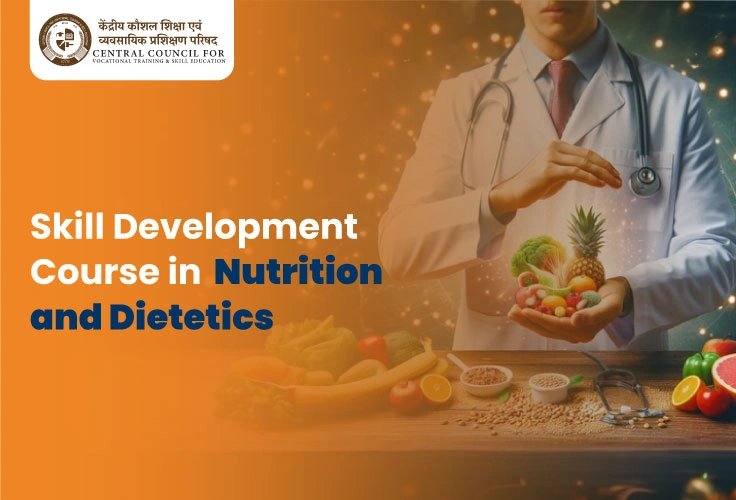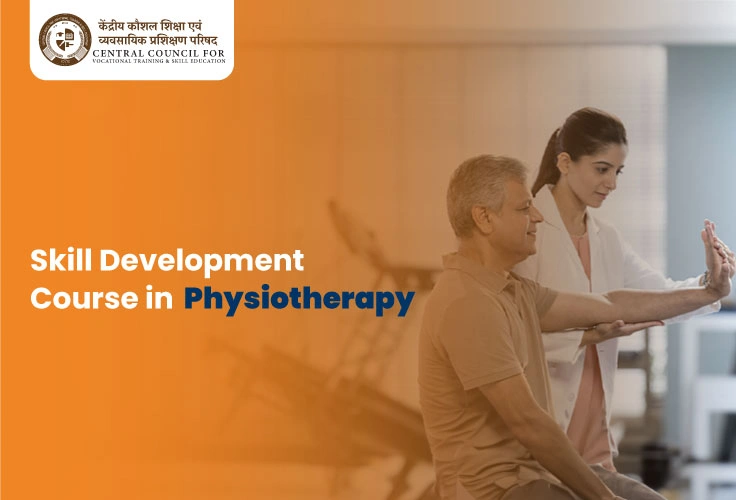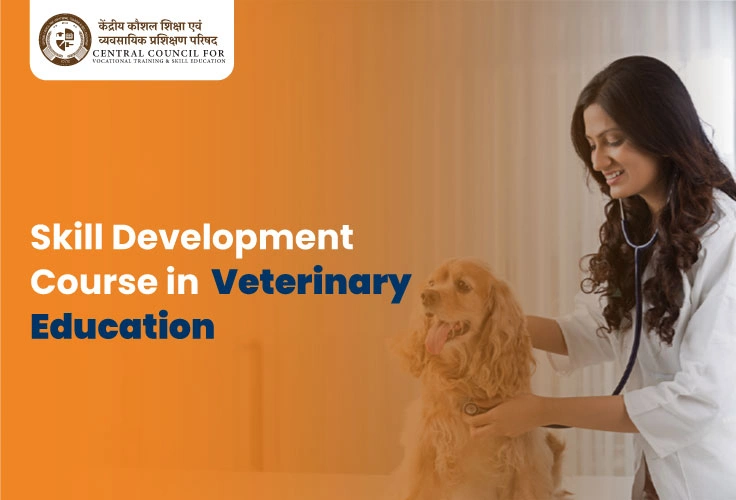- +91 8595350621
- info@ccvte.org
- C4/97B, Keshav Puram, Delhi-110035
Nursing
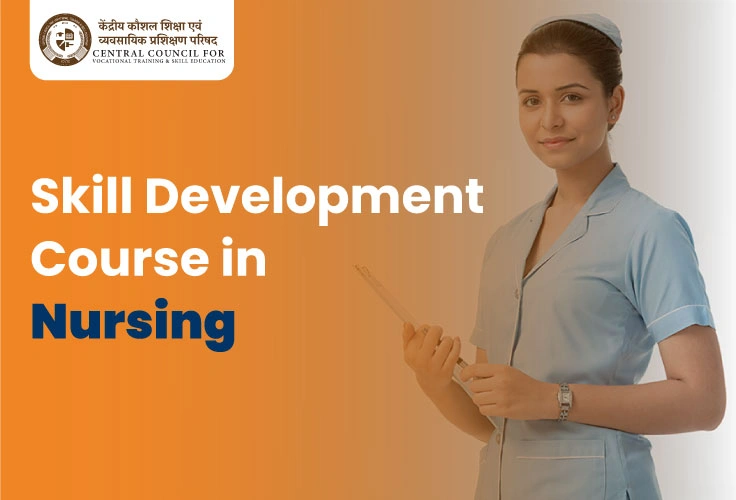
Skill Development Program in Nursing
Nursing is a vital and rewarding profession focused on providing compassionate, patient-centered care to individuals across various healthcare settings. Nurses play a crucial role in health promotion, disease prevention, and patient recovery through direct care, education, and support. The profession combines scientific knowledge with practical skills, including patient assessment, medical procedures, and therapeutic communication. Nursing Skill Development Courses offer targeted training to enhance the practical abilities of both aspiring and experienced nurses. These courses focus on essential skills such as advanced patient care techniques, clinical decision-making, and effective communication with patients and healthcare teams. Participants engage in hands-on practice through simulation labs and real-world clinical scenarios, guided by experienced instructors. The curriculum is designed to build proficiency in critical areas including wound care, medication administration, emergency response, and patient assessment. By combining theoretical learning with practical application, these courses aim to prepare nurses for the challenges of modern healthcare settings, enhance their professional competencies, and support their career growth in diverse medical environments.
Why did you choose Nursing from CCVTE?
- A skill development course in Nursing is specifically designed for students aspiring to build a career in public health and healthcare services.
- Provides hands-on training and practical experience, ensuring proficiency in essential clinical skills like patient assessment, medication administration, and wound care.
- Equips nurses with advanced techniques and best practices, leading to better patient care, quicker recoveries, and reduced medical errors.
- Familiarizes nurses with the latest medical technologies and equipment, enabling efficient use of modern tools in patient care.Offers specialized training in areas such as critical care, pediatrics, geriatrics, and emergency nursing, allowing focus on specific fields of interest.
- Enhances career prospects and professional growth by keeping nurses updated with current trends, protocols, and innovations in healthcare. Builds confidence in clinical decision-making and problem-solving through simulated scenarios and real-world practice.
- Ensures compliance with regulatory and accreditation standards, enhancing the quality of care and maintaining adherence to healthcare policies.
- Upon completing the course, students will receive a certificate applicable to pursuing employment opportunities in both public and private sectors within the nursing and healthcare industries.
Specializations in Nursing
- Critical Care Nursing
- Pediatric Nursing
- Geriatric Nursing
- Emergency Nursing
- Oncology Nursing
- Mental Health Nursing
- Neonatal Nursing
- Surgical Nursing
- Community Health Nursing
- Cardiac Nursing
- Rehabilitation Nursing
- Public Health Nursing
Career Opportunities
A skill development course in nursing opens the door to diverse career opportunities in healthcare. Nurses can pursue roles such as providing essential patient care in various settings or specialize in areas like critical care, pediatrics, or community health. These roles enable nurses to make a significant impact on patient well-being and healthcare outcomes.
- Registered Nurse (RN)
- Critical Care Nurse
- Pediatric Nurse
- Emergency Room Nurse
- Oncology Nurse
- Mental Health Nurse
- Neonatal Nurse
- Surgical Nurse
- Community Health Nurse
- Home Health Nurse
- Nurse Educator
- Public Health Nurse
- Rehabilitation Nurse
- Cardiac Nurse
- Occupational Health Nurse
- Travel Nurse
- Clinical Nurse Specialist
- Nurse Practitioner
Syllabus
|
3 month |
6 month |
1 Year |
2 Year |
|
Foundations of Nursing (Theory) |
Foundations of Nursing (Theory) |
Foundations of Nursing (Theory) |
Foundations of Nursing (Theory) |
|
Clinical Skills Development (Theory and Practical) |
Core Nursing Skills (Theory and Practical) |
Clinical Skills Development (Theory and Practical) |
Clinical Skills Development (Theory and Practical) |
|
Practical Application and Assessment (Practical) |
Clinical Skills Development (Theory and Practical)
|
Practical Application and Assessment (Practical) |
Practical Application and Assessment (Practical) |
|
Specialized Nursing Skills (Practical)
|
Specialized Nursing Skills (Practical) |
Specialized Nursing Skills (Practical) |
|
|
Advanced Clinical Skills (Practical) |
Advance Clinical Skills(Practical) |
Advanced Clinical Skills (Practical) |
|
|
Practical Application and Assessment (Practical) |
Maternal and Child Health (Practical) |
Maternal and Child Health (Practical) |
|
|
Community Health Nursing |
Community Health Nursing |
||
|
Nursing Leadership and Management |
Nursing Leadership and Management |
||
|
Practical Application and Assessment |
Case Studies and Simulations |
||
|
Review and Reinforcement |
|||
|
Clinical Rotations(Practical) |
|||
|
Practical Application and Assessment 1 (Practical) |
Top Hiring Opportunities for Nurses
- Hospitals
- Clinics and Outpatient Care Centers
- Long-Term Care Facilities
- Home Healthcare Services
- Public Health Departments
- Schools and Educational Institutions
- Military and Veterans’ Affairs
- Corporate Health Clinics
- Telehealth Services
- Research and Academia
Other Healthcare Courses Provided by CCVTE
Frequently Asked Questions
Students typically need to have completed their high school education with a minimum percentage in science subjects. Specific requirements may vary by institution.
Yes, practical components such as clinical rotations, internships, and laboratory work are integral parts of the curriculum.
The job outlook for veterinarians is positive, with employment expected to grow faster than the average for all occupations due to increasing pet ownership and the need for veterinary services.
Graduates can work as Registered Nurses (RNs), Nurse Practitioners, Clinical Nurse Specialists, Nurse Educators, or pursue roles in healthcare administration, research, and public health.
Many Nursing programs offer part-time or evening classes to accommodate working students. However, the demanding nature of the program may limit the ability to work full-time. It’s advisable to discuss your schedule with the program coordinator.

